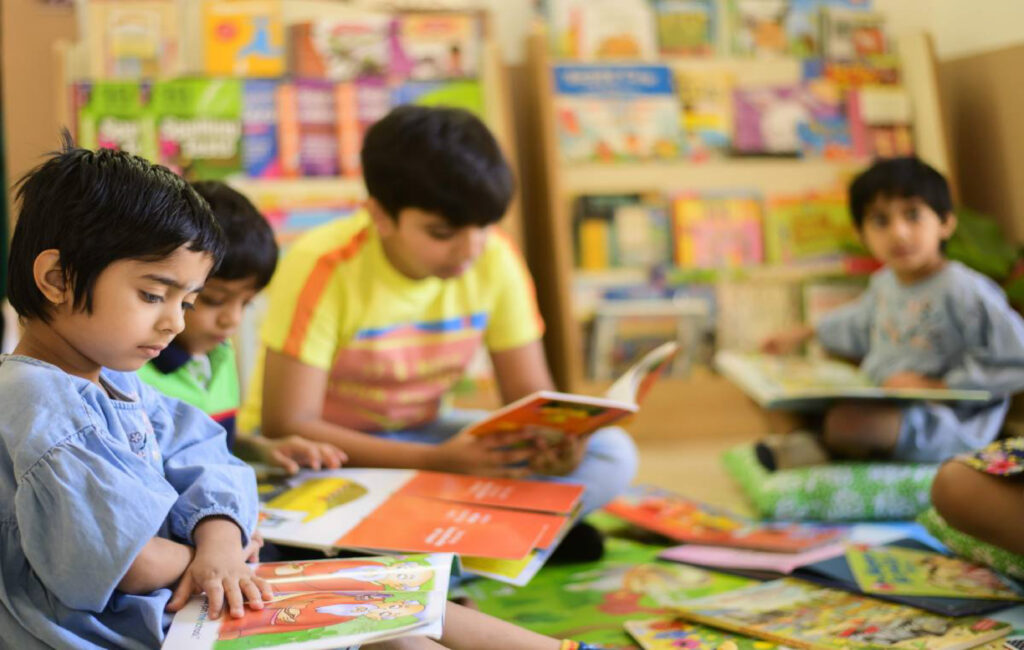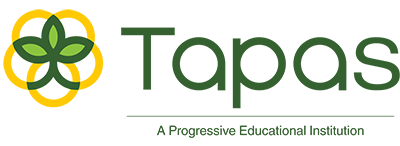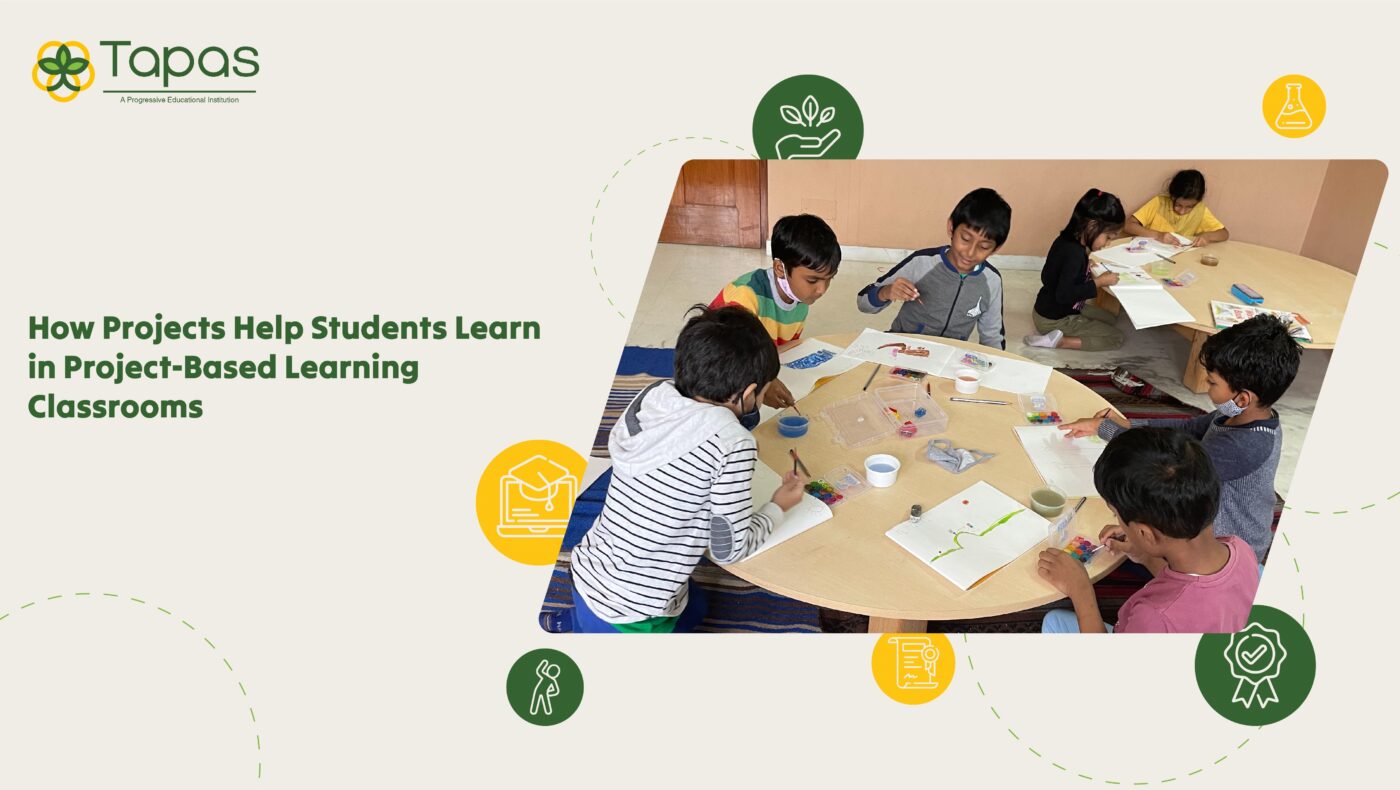Innovative Education Models are reshaping the way students learn, and Project-Based Learning (PBL) classrooms are at the forefront of this transformative approach. These student-led environments foster a Collaborative Learning Environment where knowledge is acquired through hands-on engagement. PBL classrooms often integrate STEAM projects, offering a holistic education experience where science, technology, engineering, arts, and mathematics coalesce into real-world applications. This groundbreaking educational strategy empowers students to take the wheel in their learning journey, emphasizing problem-solving, critical thinking, and creative skills. It’s time to delve into how these projects profoundly impact students’ education, equipping them with the tools to thrive in the ever-evolving world.
Hands-On Engagement
The landscape of education is being transformed by innovative education models, redefining the traditional classroom experience. PBL puts students at the helm of their educational journey, embracing Student-Led Learning, and creating a Collaborative Learning Environment. In these dynamic PBL classrooms, students dive into real-world challenges through STEAM projects. They explore Science, Technology, Engineering, Arts, and Mathematics in an integrated manner, gaining a deeper understanding of these subjects. This approach fosters critical thinking, problem-solving, and creativity, ensuring that students actively engage with the subject matter, preparing them for a world that thrives on innovation and teamwork. PBL is the pathway to empowering students with essential skills for the future.
Real-World Relevance
Frequently, projects emulate real-life challenges or situations, infusing learning with relevance and practicality. This approach ensures that students can apply their knowledge to authentic, everyday situations, fostering a deeper understanding of the subject matter. By addressing problems and scenarios akin to those encountered beyond the classroom, project-based learning equips students with valuable skills and the ability to adapt their expertise to various contexts. This not only enhances their academic achievements but also prepares them for the complexities of the real world, nurturing critical thinking, problem-solving, and creativity.
Critical Thinking
Project-Based Learning (PBL) cultivates critical thinking skills by placing students in situations that demand problem-solving, decision-making, and independent thought. Within PBL classrooms, students become active problem solvers, applying their knowledge to real-world challenges. This empowers them to analyze problems from multiple angles, make informed decisions, and think independently. PBL encourages students to take ownership of their learning and explore solutions beyond the confines of traditional education. By honing their critical thinking abilities, students not only excel academically but also develop skills that are invaluable for navigating the complexities of the modern world, including adaptability, resourcefulness, and innovative thinking.
Collaboration
Collaborative group projects, a hallmark of Project-Based Learning (PBL) classrooms, play a pivotal role in fostering teamwork, effective communication, and the development of strong collaborative skills among students. PBL models thrive on the idea that real-world challenges often require collective efforts. When students engage in group projects, they learn to harness their unique strengths, communicate ideas, and work harmoniously toward shared goals. These skills are indispensable in today’s collaborative work environments, where professionals must navigate complex projects and communicate effectively within interdisciplinary teams. PBL classrooms offer students a valuable opportunity to refine these essential life skills, empowering them to thrive in a collaborative, knowledge-sharing society.
Ownership of Learning
Project-Based Learning (PBL) empowers students by placing them in the driver’s seat of their education. In a PBL classroom, students assume the role of active, self-directed learners, taking charge of their educational journey. This approach not only instills a sense of responsibility but also nurtures a lifelong love for learning. By making choices, setting goals, and driving their projects forward, students become architects of their education. This level of autonomy equips them with the essential skills of self-guided exploration and problem-solving, which are invaluable assets in the dynamic landscape of modern education and the evolving professional world beyond the classroom.
Creativity and Innovation
- Creativity: PBL fosters creative thinking by allowing students to explore unconventional solutions.
- Innovation: Students are encouraged to develop new, unique ideas, and innovative approaches.
- Problem-Solving: PBL tasks challenge students to think critically and devise creative solutions.
- Originality: Students are driven to create projects that showcase their individuality and inventive abilities.
- Real-World Relevance: Projects are often modeled after authentic problems, making creative solutions highly applicable.
Improved Retention
Participating in projects is a dynamic learning experience that not only engages students but also deepens their understanding of the subject matter. In project-based learning (PBL) classrooms, students actively immerse themselves in hands-on projects that mirror real-life challenges. This approach fosters critical thinking, encourages creative problem-solving, and nurtures collaborative skills, providing a well-rounded education. PBL creates an environment where students take the lead, enhancing their ownership of learning and boosting memory retention. As they apply knowledge in practical contexts, they develop a robust skill set that prepares them for future success in diverse fields. Discover the transformative power of PBL in creating tomorrow’s innovative leaders.
SOFT SKILLS DEVELOPED IN PBL CLASSROOMS
1. Time Management
2. Presentation Skills
3. Research Skills
4. Collaboration and Teamwork
5. Communication Skills
6. Problem-Solving Ability
7. Critical Thinking and Innovation
8. Self-Directed Learning
9. Responsibility and Accountability
10. Creative Thinking
These soft skills are fostered through active participation in project-based learning environments.
Assessment Diversity
 Project-based learning (PBL) redefines how we assess students’ knowledge and skills. In PBL classrooms, assessment methods go far beyond traditional testing. While exams remain a part of the evaluation process, they are complemented by an array of diverse assessment techniques that offer a more comprehensive view of a student’s abilities.
Project-based learning (PBL) redefines how we assess students’ knowledge and skills. In PBL classrooms, assessment methods go far beyond traditional testing. While exams remain a part of the evaluation process, they are complemented by an array of diverse assessment techniques that offer a more comprehensive view of a student’s abilities.
One significant advantage of project-based assessment is that it aligns with real-world scenarios. Instead of just answering questions on paper, students engage in hands-on projects that mirror authentic challenges. This approach ensures that learners not only grasp theoretical concepts but also gain practical skills relevant to their future careers.
PBL projects often require students to demonstrate their understanding by presenting their work, fostering effective communication and public speaking abilities. They also encourage peer evaluations, allowing students to learn from one another.
Additionally, project-based assessments can incorporate self-assessment, enabling students to reflect on their performance and set goals for improvement. Such reflective practices are essential for lifelong learning.
Overall, project-based assessment in PBL classrooms equips students with a well-rounded skill set that extends beyond traditional testing and prepares them for the dynamic demands of the real world. It nurtures creativity, critical thinking, collaboration, and the ability to solve complex problems—essential attributes for success in the 21st century.
Life-Long Learning
Project-based learning (PBL) is a transformative educational approach. It instills a genuine love for learning in students by teaching them how to learn, adapt, and thrive in any environment. PBL goes beyond rote memorization, fostering a lifelong passion for exploration and discovery. It equips students with the skills they need to excel in today’s ever-changing world.
Conclusion
Innovative education models like Project-Based Learning (PBL) are shaping the future of learning. With a focus on student-led exploration, a collaborative learning environment, and engaging STEAM projects, PBL classrooms are nurturing the leaders, problem-solvers, and creative thinkers of tomorrow. To experience this groundbreaking approach to education and unlock your child’s full potential, visit Tapas Education today. Join us in this educational revolution and empower your child to excel in a dynamic world through PBL. The journey to a brighter future starts with a single click.

